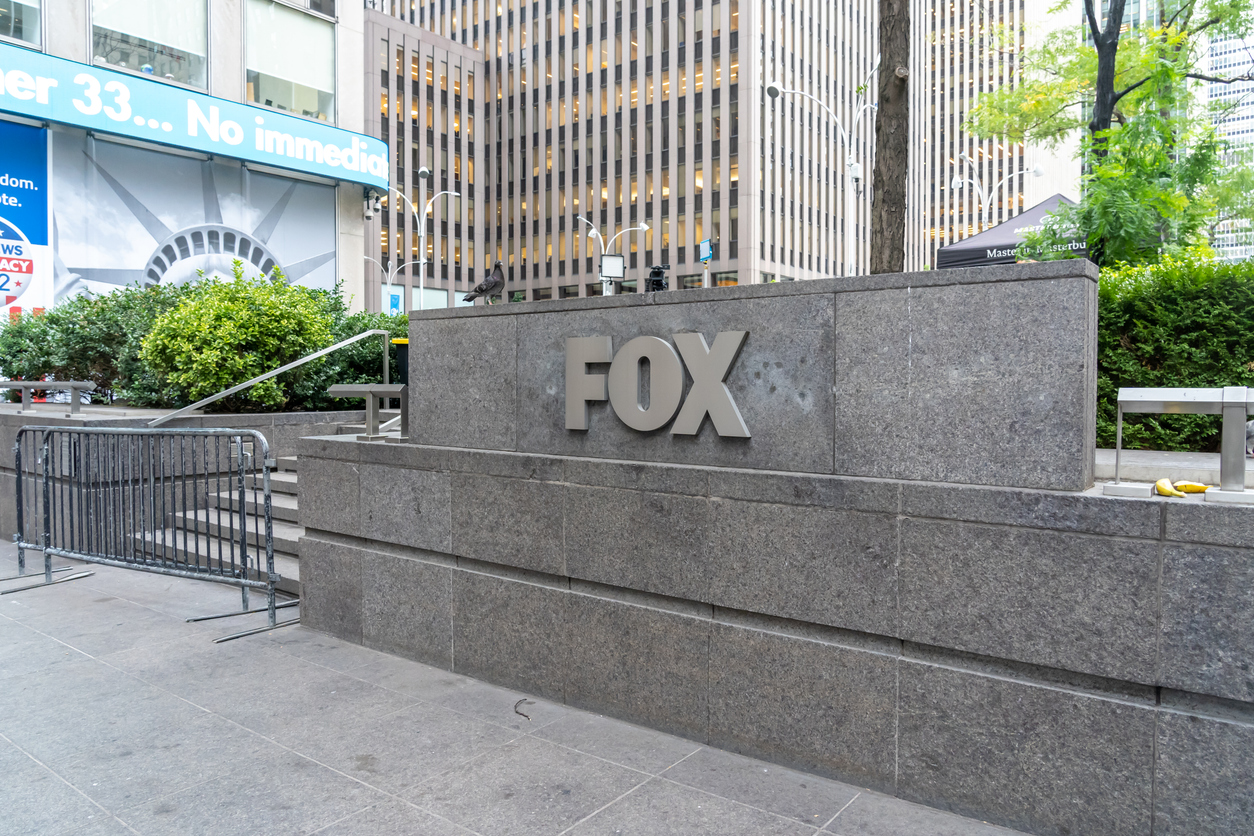Rupert Murdoch has stood as a global media titan for over half a century, building a colossal $20 billion empire that has shaped political discourse and cultural conversations across continents. But as the 94-year-old patriarch's health becomes a subject of legal filings and intense speculation, the curtain rises on a real-life succession drama of Shakespearean proportions. The meticulously crafted plan to transfer power is no longer a private family matter; it's a high-stakes corporate and ideological battle. With the reins passing to his chosen heir, Lachlan, the dynasty is teetering on a conflict that pits brother against brother, threatening to unravel the very fabric of the empire their father built. This is not merely a transfer of wealth but a fight for the soul of one of the world's most influential media kingdoms.
The Foundation of an Empire, The Seeds of a War
The Architect and His Indelible Legacy
Rupert Murdoch forged an unprecedented global media conglomerate from a single Australian newspaper. His audacious acquisitions and unwavering political influence created two distinct but interconnected powerhouses: News Corp, the guardian of prestigious print titles like The Wall Street Journal and The Times of London, and Fox Corporation, the bastion of conservative broadcasting dominated by the immensely profitable Fox News. Murdoch's genius was building the empire and designing a fortress to protect it: the Murdoch Family Trust. This vehicle was created to ensure long-term family stewardship over assets that generate billions in annual revenue and influence millions of viewers and readers daily.
The Trust: A Carefully Crafted Cage for Power
Established in 1999, the Murdoch Family Trust was intended to be the ultimate mechanism for dynastic control, holding the family's critical voting shares in both corporations. However, its intricate structure now appears to be a blueprint for conflict. The trust has nearly 40% of the voting stock in both News Corp and Fox Corp, making it the central pillar of the family's power. Yet, the mechanics of that power are set to shift dramatically, creating a volatile environment where personal allegiances could determine corporate destiny.
- Current Power Imbalance: While Rupert Murdoch is alive, voting control of the Murdoch Family Trust is structured to give him four votes, while each of his four eldest children—Prudence, Elisabeth, Lachlan, and James—holds one vote.
- The Post-Rupert Powder Keg: This advantage vanishes upon Rupert Murdoch's death. His shares are redistributed equally among the four, giving each sibling two votes. This rebalancing creates a 4 vs. 4 deadlock if Lachlan's three siblings unite against him, a scenario biographer Michael Wolff predicts is not just possible, but probable.
- An Ironclad Document: The rigidity of this arrangement was underscored when Rupert and Lachlan reportedly sought to amend the trust to grant Lachlan sole or dominant control after Rupert's death, a move that his siblings challenged. A Nevada probate court ultimately rejected this attempt— internally as "Project Family Harmony"—in 2024. The judge reinforced that the battle must be fought within the lines Rupert drew decades ago.
A Kingdom Divided: The Heirs and Their Ideological War
The core of the Murdoch succession struggle is not merely a contest for control but a profound clash of worldviews. The differing visions of the Murdoch children, particularly Lachlan and James, represent two possible futures for the empire—one rooted in its powerful past, the other seeking a radical reinvention. This ideological chasm has been widening for years, fueled by public disagreements over everything from climate change coverage to the political tone of Fox News. The transition of power will force these long-simmering tensions into open conflict within the corporate structure.
The Princes at War: A Sibling Rivalry Comparison
| Feature | Lachlan Murdoch (The Heir) | James Murdoch (The Rebel) | Elisabeth Murdoch (The Operator) |
|---|---|---|---|
| Current Role | Chairman of News Corp, CEO of Fox Corp. | Founder of Lupa Systems, a private investment firm. | Founder of Sister, a TV production company. |
| Vision for the Empire | Maintain the conservative, highly profitable trajectory of assets like Fox News. Seen as the continuity candidate. | Pushed for a more progressive, modern media company, citing editorial differences as his reason for leaving News Corp. | A successful media entrepreneur in her own right, often viewed as a pragmatic and potentially decisive swing vote. |
| Relationship with Father | Closely aligned with Rupert's political and business ideology. The chosen successor. | Publicly broke with the family over the company's editorial direction and climate change denial. | Has maintained a more independent path while remaining deeply enmeshed in the industry. |
| Strengths | Deep operational experience within the family business; his father's explicit backing. | Strong connections in Silicon Valley and with a new generation of media consumers. | Proven track record of building successful media ventures outside the family empire. |
| Weaknesses | Faces potential alienation from his siblings and a shareholder base wary of his conservative leanings. | Lacks current operational control within the empire and is seen as an outsider by its loyalists. | Her ultimate allegiance in a family showdown remains the great unknown. |
The Legal Battleground: Where Family Feuds Meet Corporate Law
The deep ideological rifts between the siblings are not just dinner-table arguments but the substance of future boardroom and courtroom battles. Once Rupert's unifying presence is gone, his siblings' combined voting power could challenge any major strategic decision proposed by Lachlan—from a major acquisition to the editorial stance of a flagship outlet. This anticipated boardroom paralysis is a prelude to a more formal, legal conflict where family grievances meet the rigid structures of corporate law.
Disputes over the administration of a trust, challenges to the fiduciary duties of its trustees, and claims of shareholder oppression are common when family empires transition. Such high-stakes conflicts often spill into complex estate litigation, requiring specialized legal counsel to navigate the intersection of family wishes and corporate governance. The Murdoch saga is poised to become a landmark case study in how personal animosity can trigger years of costly legal warfare, potentially eroding the very value the trust was designed to protect.
The Endgame: A New Dynasty or a Fallen Empire?
Mounting external pressures amplify the internal family strife. The recent and costly defamation lawsuit by Dominion Voting Systems, which resulted in a staggering $787.5 million settlement, has dragged the family's control and editorial oversight into the public domain, increasing the sense of urgency and instability. This event not only cost the company dearly but also exposed fissures between Rupert and Lachlan over the management of Fox News. These external shocks make the internal power struggle even more critical for the company's future stability and market perception.
Four Potential Scenarios for the Murdoch Kingdom
As the pieces move across the board, the future of the Murdoch empire could unfold in several dramatic ways. The outcome will determine the family's fortune and the landscape of global media for decades. Each scenario presents unique opportunities and challenges for the vast media assets under the family's control.
- Lachlan's Consolidated Reign: With strategic maneuvering, Lachlan successfully navigates the new voting structure, either by winning over a sibling or by leveraging his executive power to maintain the status quo at Fox News and News Corp. This would represent a victory for continuity and his father's vision.
- The Sibling Coup d'État: As predicted by insiders, James, Elisabeth, and Prudence align their votes. They could force Lachlan out, install new leadership, and pivot the company's direction or even pursue a strategic sale of key assets like The Wall Street Journal to fund their ventures.
- The Great Fracture: Unable to reconcile their visions, the siblings agree to the only viable solution: breaking up the empire. This would dissolve their father's singular creation, allowing each to control assets that align with their ideologies, separating the conservative assets from the more mainstream or international ones.
- The Shareholder Revolt: Institutional investors, weary of the family drama and its impact on the stock price, could seize the opportunity created by a deadlocked board to launch a proxy fight, fundamentally challenging the Murdoch family's absolute control for the first time.
An Inheritance of Power, A Legacy of Conflict
The saga of the Murdoch succession is far more than a corporate power struggle; it is a modern case study on the complexities of transferring generational wealth, influence, and identity. It serves as a stark warning to C-level executives and family patriarchs alike that a business built to last requires more than just a brilliant founder and an ironclad trust—it requires a consensus on its future. The structures Rupert Murdoch put in place to preserve his kingdom may have inadvertently sown the seeds of its potential downfall. For the Murdochs, the empire was built to endure for generations; the ultimate question is whether the family was.














